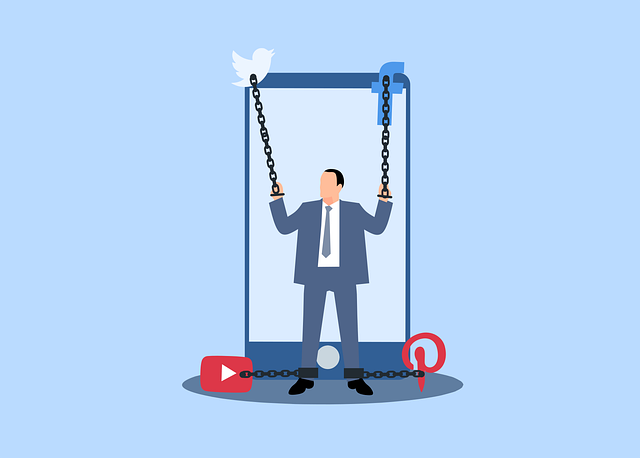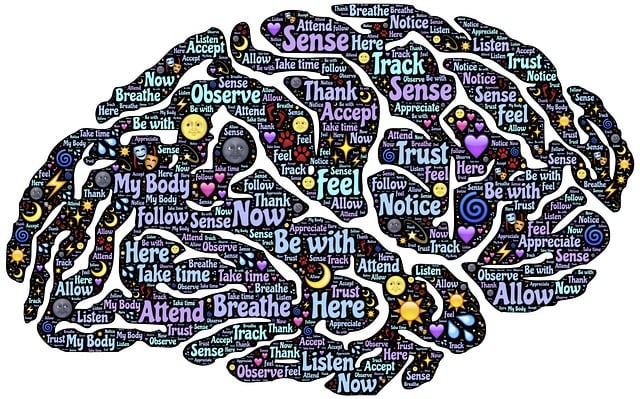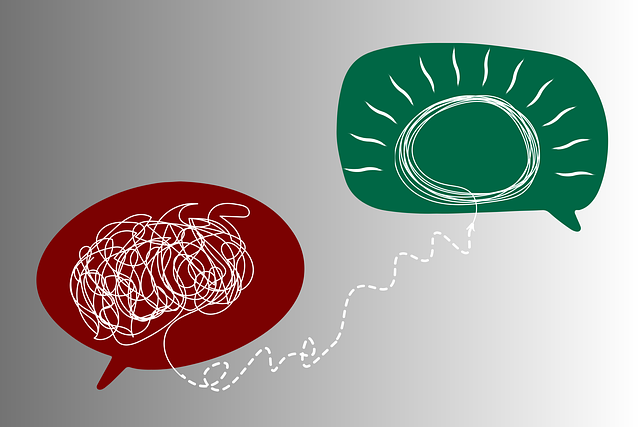Crisis hotline services are crucial 24/7 resources for adolescent teens struggling with sexual addiction, providing immediate confidential support from trained professionals. These hotlines offer active listening, emotional guidance, and tailored therapy options based on Mind Over Matter principles to enhance self-esteem, prevent burnout, and improve mental health outcomes. By fostering understanding and addressing root causes, these services empower teens to break free from addiction cycles and cultivate lasting well-being.
In today’s fast-paced world, mental health crises can strike at any time, especially among adolescent teens grappling with issues like sexual addiction. Understanding the need for crisis hotline support services is crucial in addressing these sensitive concerns. This article explores various aspects of these life-saving resources, including their role in adolescent teen support and specialized focus on sexual addiction. We’ll guide you through accessing and utilizing therapy for adolescent teens with sexual addiction.
- Understanding the Need for Crisis Hotline Services
- The Role of Hotlines in Adolescent Teen Support
- Addressing Sexual Addiction: A Specialized Focus
- How to Access and Utilize These Life-Saving Resources
Understanding the Need for Crisis Hotline Services

In today’s fast-paced and often stressful world, the need for crisis hotline support services has become increasingly vital, especially among adolescent teens grappling with various challenges. Many young individuals face issues that can significantly impact their emotional well-being, such as sexual addiction, which demands specialized therapy tailored to their age group. This problem is not limited to any particular demographic; it reverberates through schools, homes, and communities, underscoring the importance of accessible support.
Crisis hotlines serve as a crucial resource for those in mental health crises or those looking to develop better self-care routines based on Mind Over Matter principles. They provide immediate assistance and are often staffed by trained professionals equipped with Emotional Well-being Promotion Techniques. By offering confidential and non-judgmental spaces, these services encourage open conversations about challenges related to sexual addiction and other mental health concerns prevalent among teens. This proactive approach ensures that young people receive the necessary guidance and support to foster better mental health outcomes through effective self-care routine development.
The Role of Hotlines in Adolescent Teen Support

Hotlines play a vital role in providing immediate support and guidance to adolescent teens experiencing mental health crises, especially those grappling with issues like sexual addiction. These 24/7 services offer a safe space for teens to reach out without judgment, fostering empathy and confidentiality. The dedicated professionals manning these hotlines are trained to listen actively, provide emotional support, and direct teens towards suitable resources, including therapy options tailored to their needs, such as treatment for sexual addiction.
By offering timely intervention and connecting adolescents with the right care, hotlines contribute significantly to self-esteem improvement and burnout prevention strategies not just for the teens but also for healthcare providers. The empathy building strategies employed by these services ensure that young individuals feel heard and understood during their most vulnerable moments, ultimately promoting better mental health outcomes.
Addressing Sexual Addiction: A Specialized Focus

Addressing Sexual Addiction requires specialized support services tailored to this unique challenge. Many crisis hotline organizations now offer dedicated resources for adolescents and teens struggling with sexual addiction, recognizing its impact on their mental health. This focused approach provides a safe space for individuals to discuss their experiences, often for the first time, fostering a sense of understanding and hope.
Therapy for Adolescent Teens Sexual Addiction incorporates resilience-building strategies, burnout prevention techniques, and mind over matter principles. These services not only help individuals manage their addiction but also equip them with tools to navigate life’s challenges. By addressing the root causes and promoting healthy coping mechanisms, these specialized programs empower teens to break free from cycles of addiction and cultivate lasting mental well-being.
How to Access and Utilize These Life-Saving Resources

Accessing mental health crisis hotline support services is a crucial first step for anyone experiencing a distressing situation. These hotlines offer confidential and immediate assistance, providing a safe space to share personal struggles without fear of judgment. Many hotlines are designed to cater to specific needs, such as those related to adolescent teens’ sexual addiction, offering specialized therapy and guidance tailored to these unique challenges.
To utilize these life-saving resources effectively, individuals can start by searching for crisis hotline numbers specific to their region or concerns. For instance, many countries have dedicated hotlines for mental wellness, stress management, and communication strategies. Calling the hotline allows connection with trained professionals who can provide immediate support, offer valuable resources, and direct callers to appropriate treatment options, including therapy services. Additionally, some hotlines encourage proactive engagement through self-help tools like mental wellness journaling exercises or providing guidance on effective coping mechanisms.
In conclusion, mental health crisis hotline support services play a vital role in addressing diverse issues such as adolescent teen support and sexual addiction. By providing immediate assistance, these hotlines serve as life-saving resources, offering guidance and therapy for those in need. Understanding the importance of access to information and specialized care, especially regarding therapy for adolescent teens and sexual addiction, we must continue to advocate for and improve these essential services.








